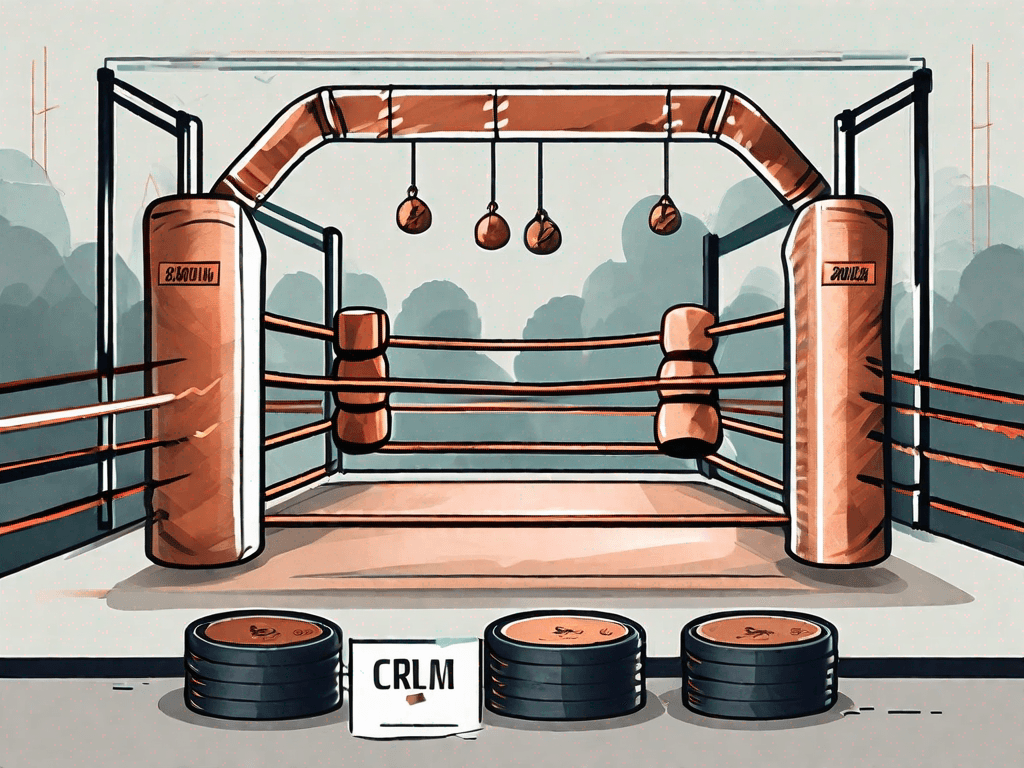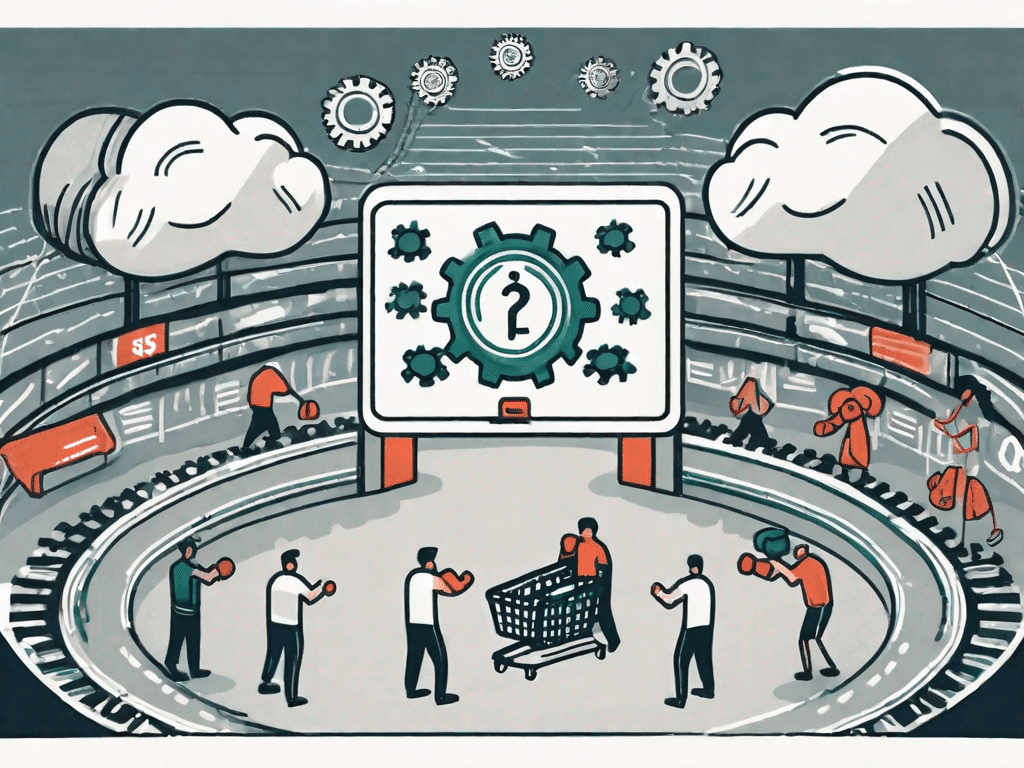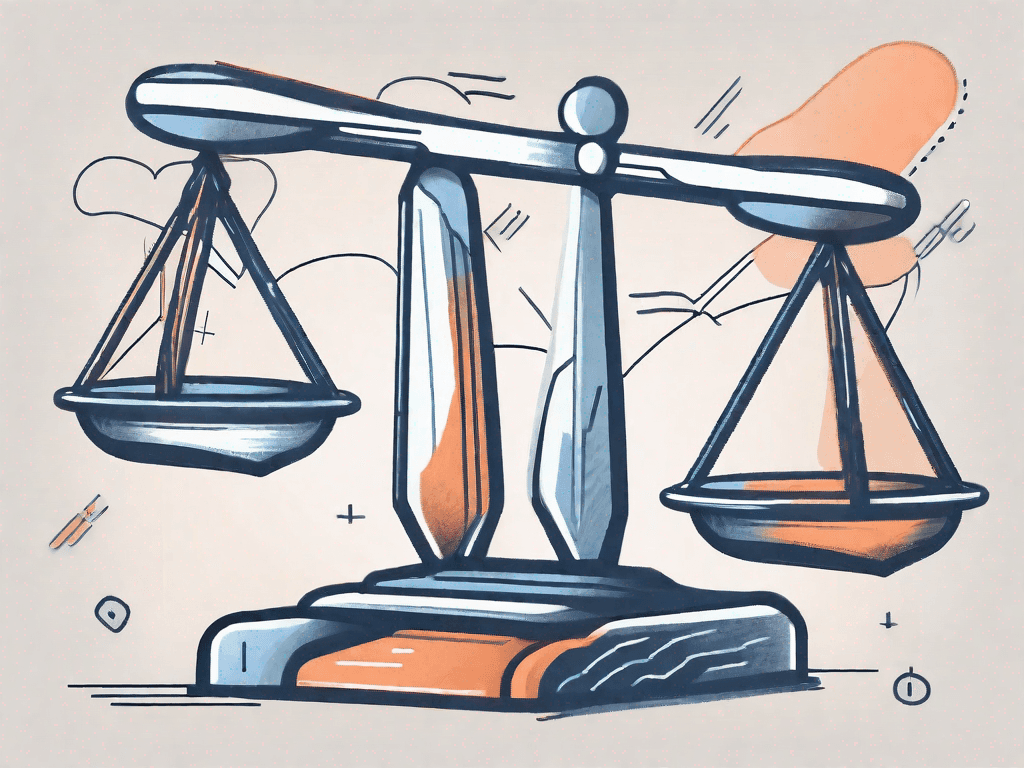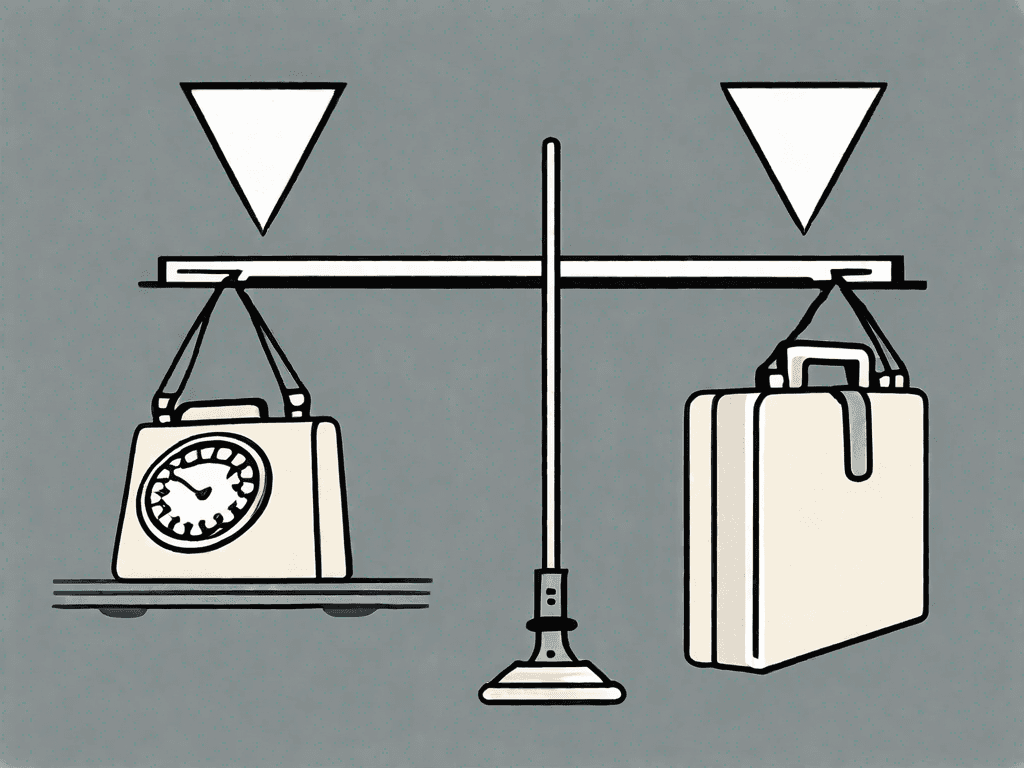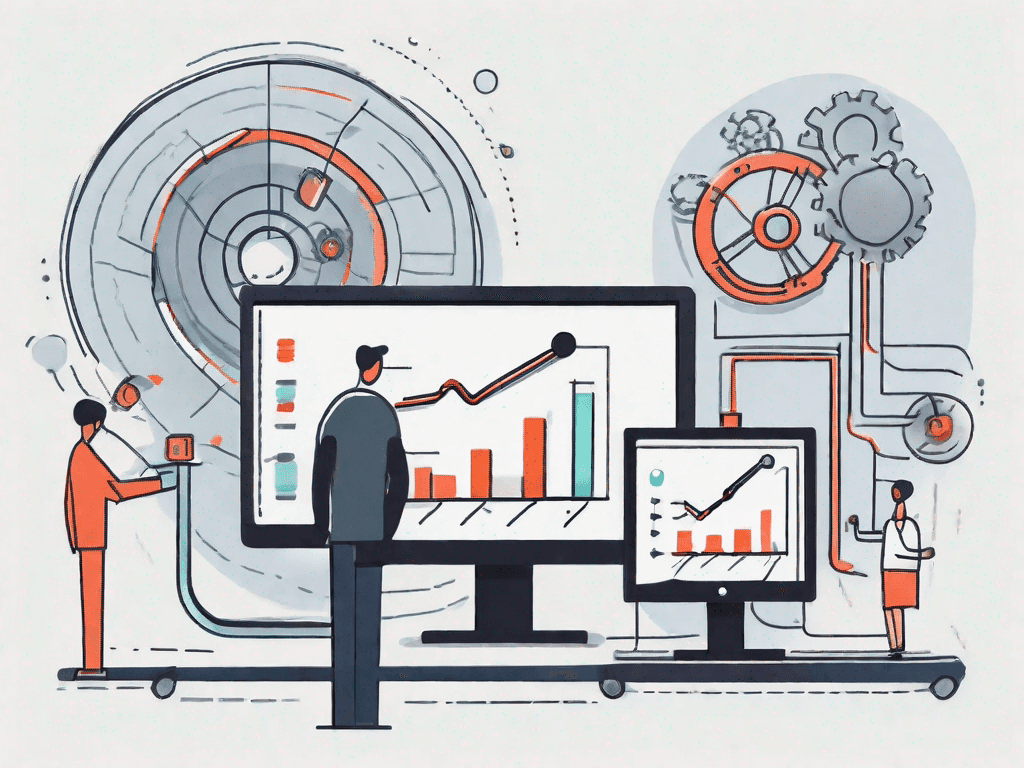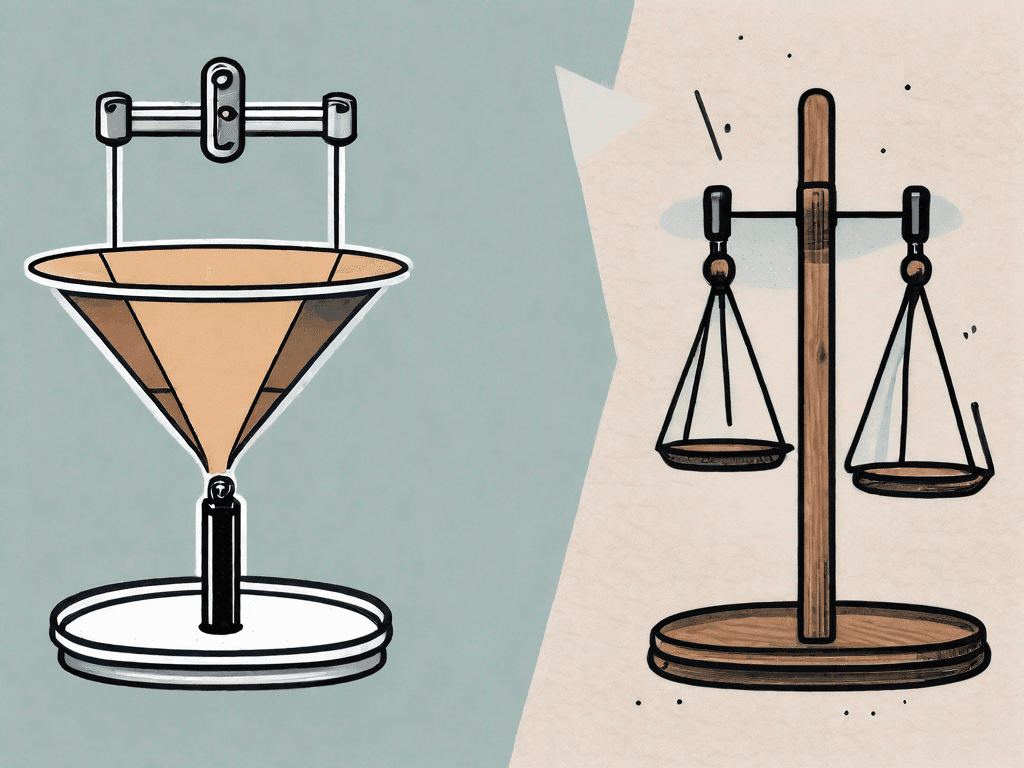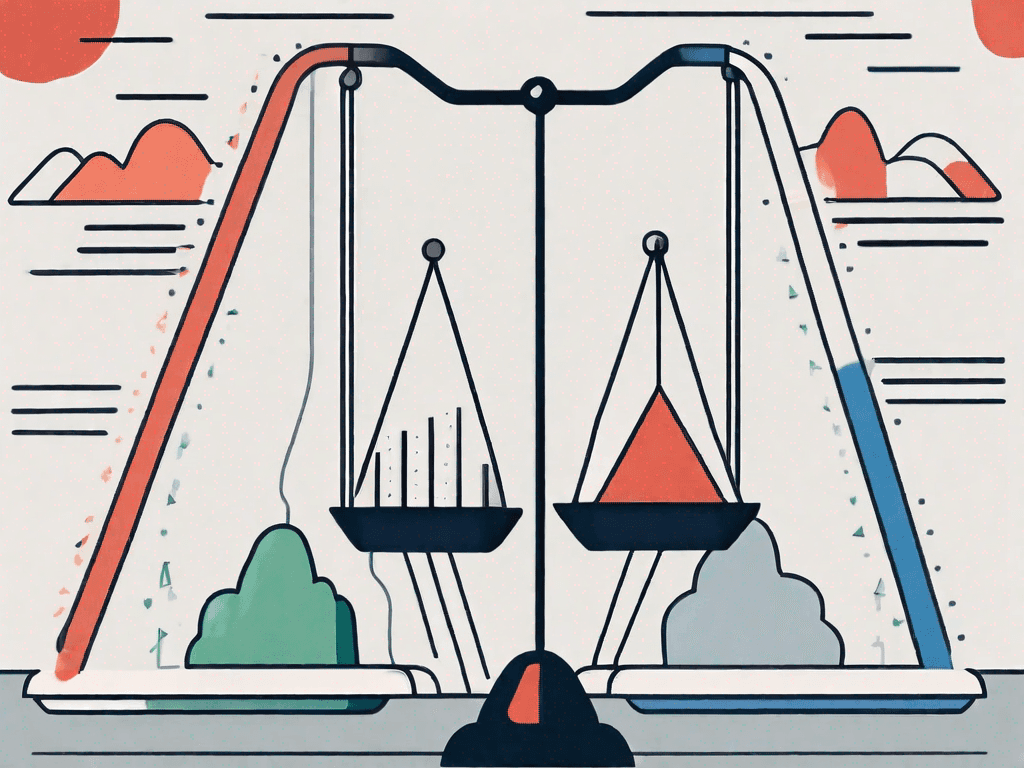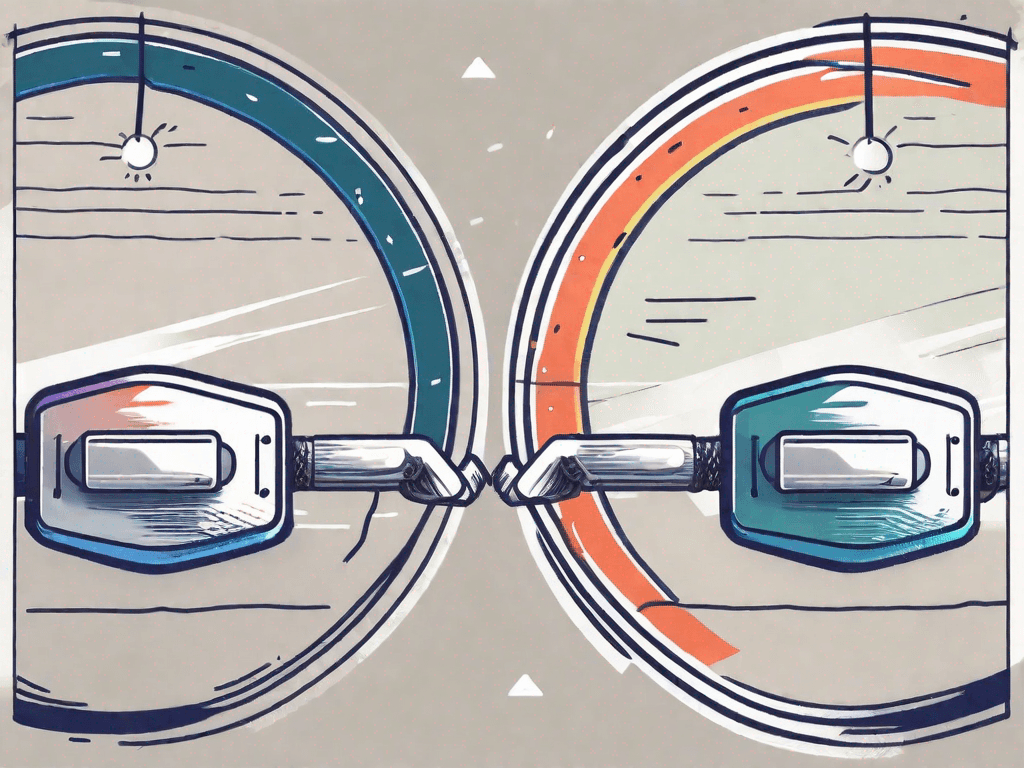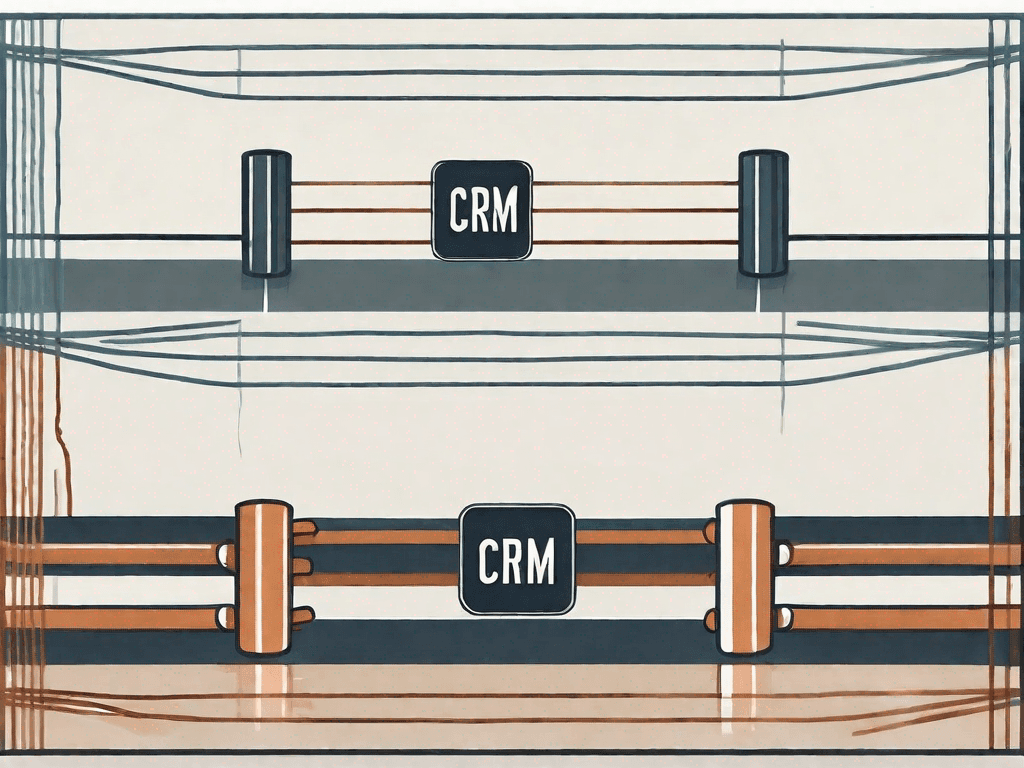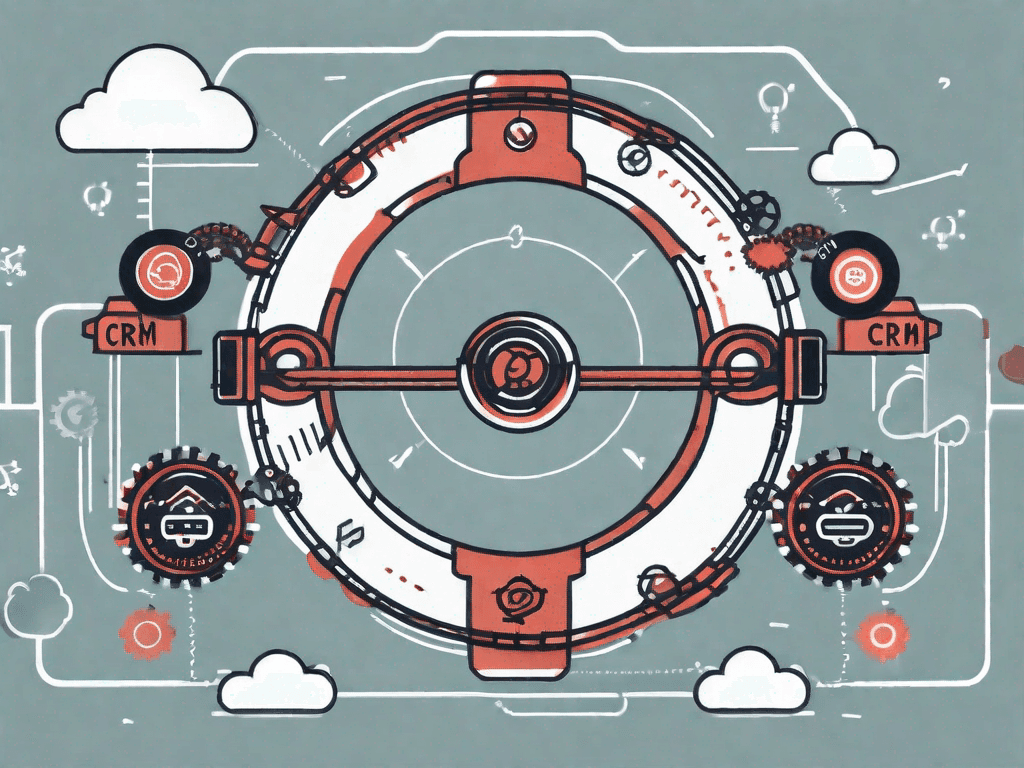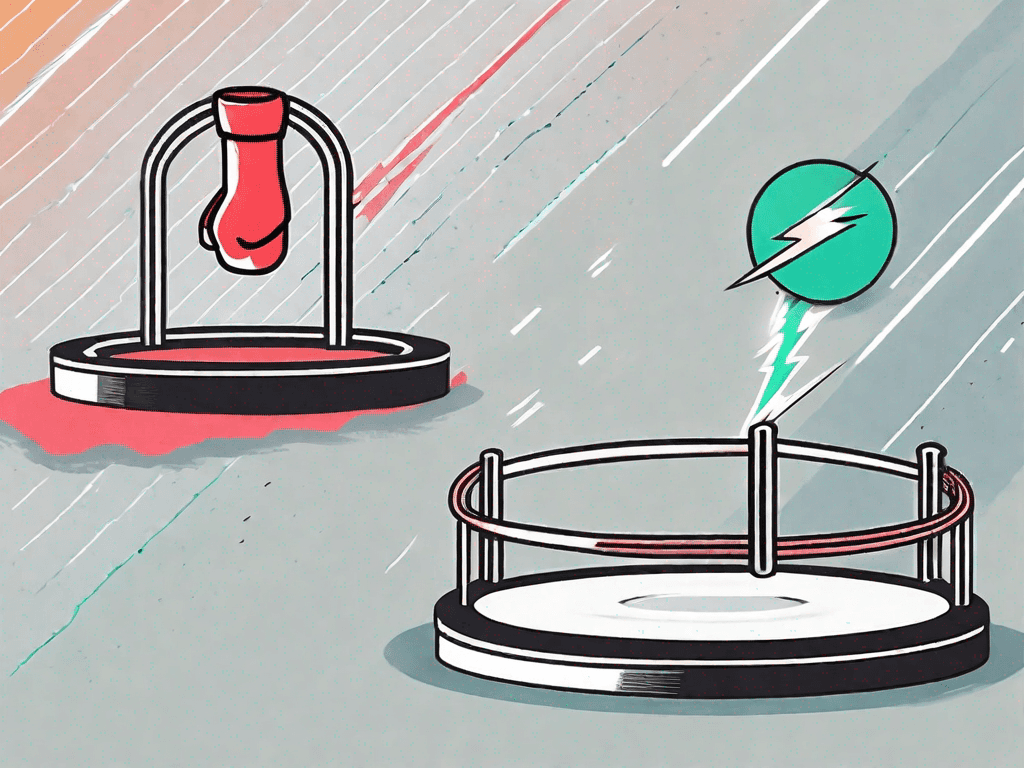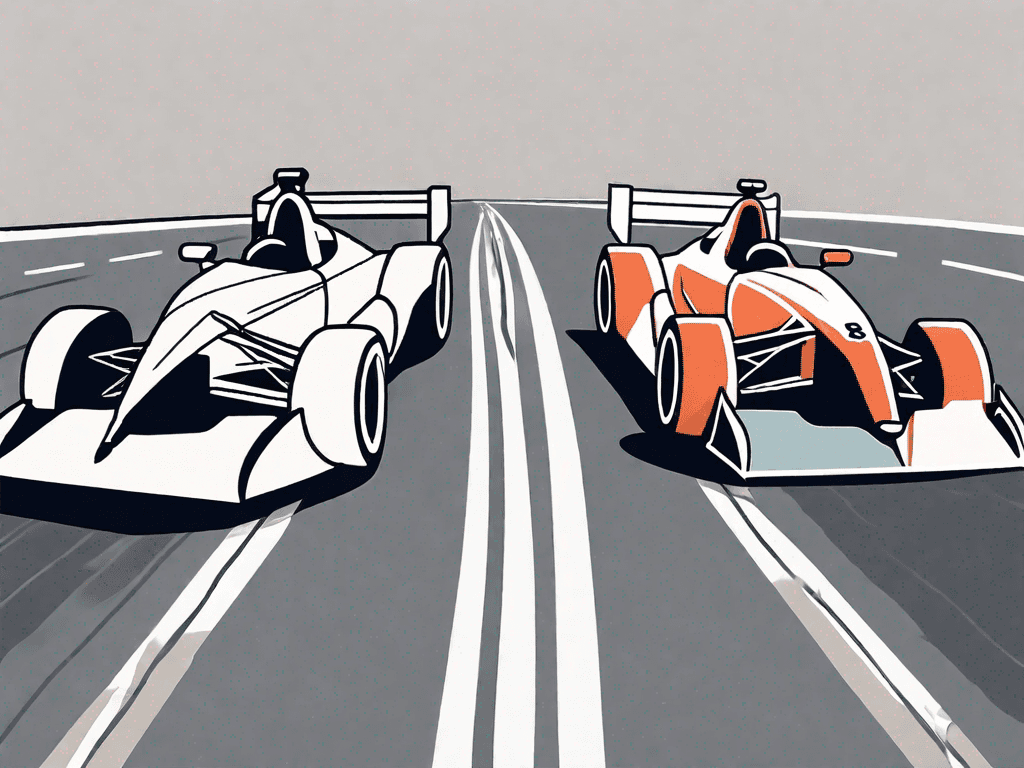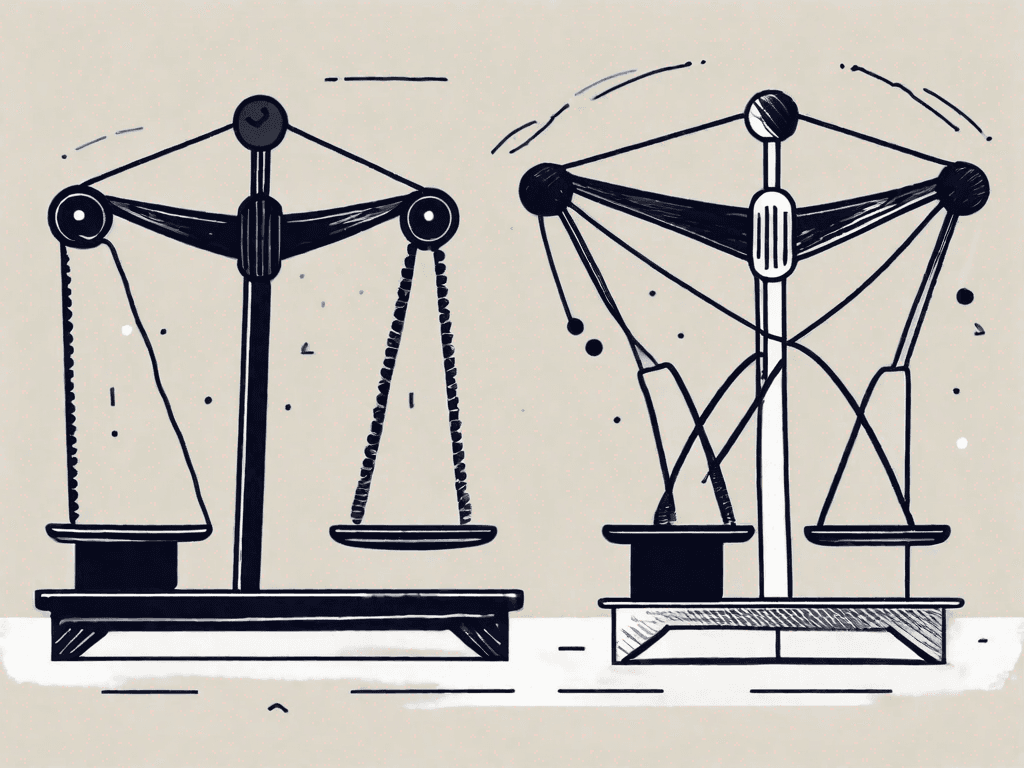
Pipedrive vs Sugar CRM: Which CRM is the Best?
In today's highly competitive business landscape, customer relationship management (CRM) software has become an essential tool for companies to streamline their sales processes and improve customer interactions. Among the top players in the CRM market, Pipedrive and Sugar CRM are often the preferred choices for businesses. In this article, we will dive deep into the features and functionalities of these two CRMs to determine which one is the best fit for your business
1. Pros and Cons of Pipedrive and Sugar CRM
1.1 - Pros of Pipedrive
One of the major advantages of using Pipedrive is its intuitive and user-friendly interface. The platform is designed to simplify the sales process, allowing salespeople to focus on closing deals rather than dealing with cumbersome software. Pipedrive also offers excellent pipeline management features, providing a clear overview of the sales cycle and helping businesses identify bottlenecks.
Moreover, Pipedrive's interface is visually appealing and easy to navigate. Its clean design and well-organized layout make it effortless for users to find the information they need quickly. The platform's user-centric approach ensures that sales teams can easily adopt and adapt to the CRM system, resulting in increased productivity and efficiency.
Additionally, Pipedrive's mobile app is highly functional and user-friendly, allowing sales representatives to access their CRM data on the go. The app provides real-time updates and notifications, ensuring that salespeople never miss an important lead or follow-up opportunity.
1.2 - Cons of Pipedrive
Despite its many strengths, Pipedrive does have its limitations. One notable drawback is its limited customization options. While the default features work well for most businesses, companies with highly specialized sales processes may find the lack of flexibility frustrating. However, Pipedrive does offer a marketplace where users can find and integrate third-party apps and tools to extend the platform's functionality.
Another potential downside of Pipedrive is its reporting and analytics capabilities. While it provides basic reporting features, businesses that require in-depth analytics and advanced reporting may need to explore other CRM options. However, Pipedrive does offer integration with popular business intelligence tools, allowing users to leverage external analytics platforms for more comprehensive insights.
Furthermore, Pipedrive's pricing structure may not be suitable for all businesses. While it offers different plans to cater to various needs, smaller organizations on a tight budget may find the cost of the software prohibitive. However, for businesses that prioritize sales efficiency and value the features offered by Pipedrive, the investment may be well worth it.
1.3 - Pros of Sugar CRM
Sugar CRM offers a comprehensive suite of CRM tools that cater to different business needs. One of its standout features is its highly customizable nature. Whether you need to create custom fields, layouts, or modules, Sugar CRM provides extensive options for tailoring the platform to fit your specific requirements.
In addition to customization, Sugar CRM excels in its integration capabilities. The software seamlessly integrates with popular business applications, such as email clients, marketing automation tools, and customer support platforms. This integration allows for a seamless flow of data and ensures that all customer interactions are captured and tracked within the CRM system.
Moreover, Sugar CRM offers advanced workflow automation capabilities. Businesses can automate repetitive tasks, such as lead assignment and follow-up reminders, saving valuable time and ensuring that nothing falls through the cracks. The automation features help streamline processes, increase productivity, and improve overall customer satisfaction.
1.4 - Cons of Sugar CRM
While Sugar CRM offers great flexibility, its user interface can be overwhelming for new users. The extensive customization options may come at the cost of a steeper learning curve, making it less user-friendly compared to Pipedrive. However, Sugar CRM provides comprehensive training resources and support to help users navigate the platform effectively.
Another drawback of Sugar CRM is its pricing structure. The software tends to be more expensive, particularly for small and medium-sized businesses on a tight budget. However, for larger organizations with complex sales processes, the additional cost may be justified by the platform's advanced features and scalability.
Furthermore, Sugar CRM's implementation process may require more time and resources compared to other CRM solutions. The extensive customization options and the need to align the CRM system with existing business processes may result in a longer implementation timeline. However, the investment in time and effort can lead to a tailored CRM solution that perfectly aligns with the organization's unique needs.
1.5 - Key Differences between Pipedrive and Sugar CRM
When comparing Pipedrive and Sugar CRM, it's essential to consider their key differences. Pipedrive focuses primarily on sales pipeline management, providing a straightforward and streamlined experience for sales teams. The platform's emphasis on simplicity and ease of use makes it an ideal choice for businesses that prioritize sales efficiency and deal management.
In contrast, Sugar CRM offers a broader range of functionalities, including marketing automation, customer support, and service management. The platform's comprehensive suite of tools caters to businesses that require a holistic CRM solution to manage various aspects of the customer lifecycle.
Furthermore, Pipedrive's pricing structure is more straightforward and affordable, making it a suitable option for small to medium-sized businesses with limited budgets. On the other hand, Sugar CRM's pricing tends to be higher, but it offers advanced features and scalability that larger organizations with complex sales processes may find beneficial.
In conclusion, both Pipedrive and Sugar CRM have their strengths and weaknesses. The choice between the two depends on the specific needs and priorities of the business. Evaluating factors such as customization requirements, user-friendliness, additional functionalities, and budget constraints will help determine the most suitable CRM solution for a particular organization.
2. How does Pipedrive pricing compare to Sugar CRM?
2.1 - Pipedrive Pricing
Pipedrive offers three pricing plans: Essential, Advanced, and Professional. The Essential plan starts at $12.50 per user per month, providing essential features for small sales teams. The Advanced plan is priced at $24.90 per user per month and includes additional features such as email tracking and goals. The Professional plan, priced at $49.90 per user per month, offers advanced reporting and automation capabilities.
2.2 - Sugar CRM Pricing
Sugar CRM follows a different pricing model, offering both on-premise and cloud-based solutions. The cloud-based subscription model starts at $52 per user per month for the Professional plan, providing access to all core CRM features. The Enterprise plan, priced at $85 per user per month, offers advanced customization options and additional functionalities, such as call center automation.
2.3 - Pricing comparison
When it comes to pricing, Pipedrive appears to be more budget-friendly, especially for small to medium-sized businesses. However, businesses that require advanced customization and a broader range of features may find Sugar CRM's pricing justified. It is essential to evaluate your specific business needs and determine which CRM's pricing aligns with your budget and requirements.
3. How do Pipedrive integrations compare to Sugar CRM?
3.1 - Pipedrive integrations
Pipedrive offers a wide range of integrations with popular third-party tools and platforms. These integrations include email marketing software, customer support systems, and accounting applications. Pipedrive's extensive integration options provide businesses with the flexibility to connect their CRM with other business-critical tools seamlessly.
3.2 - Sugar CRM Integrations
Similar to Pipedrive, Sugar CRM offers an extensive list of integrations. These integrations cover various business domains, including marketing automation, collaboration, and customer support. Sugar CRM's integrations ecosystem ensures that businesses can integrate the CRM with their existing software stack and create a unified system for managing customer data and interactions.
4. Which one is the Best for You?
4.1 - The Best for Salespeople
If your primary focus is sales and pipeline management, Pipedrive is an excellent choice. Its user-friendly interface, email integration capabilities, and streamlined sales processes make it an ideal CRM for sales teams.
4.2 - The Best for Consultants
For consultants and professionals who require advanced customization options and a broader set of CRM functionalities, Sugar CRM may be the best fit. Its highly customizable nature allows consultants to tailor the CRM to fit their specific client needs.
4.3 - The Best for Digital Marketing Agencies
Digital marketing agencies often need a CRM that not only manages their sales processes but also integrates well with marketing automation tools. In this scenario, Sugar CRM's comprehensive suite of features, including marketing automation, makes it an ideal choice for digital marketing agencies.
In conclusion, Pipedrive and Sugar CRM are both powerful CRM solutions with their unique strengths and weaknesses. Pipedrive excels in streamlined sales processes and user-friendly interface, while Sugar CRM offers extensive customization options and an all-in-one CRM solution. To determine which CRM is the best fit for your business, consider your specific requirements, budget constraints, and long-term growth plans.
Get in touch with the team at Pipedrive and Sugar CRM to request demos and explore which CRM solution meets your business needs best. Remember, choosing the right CRM is crucial for optimizing your sales processes and building strong customer relationships.











![The 8 Best Social CRM Software in 2025 [Comparison]](https://framerusercontent.com/images/RYHyYapdgIi83BEWtMdX418.png)
![The 6 Best LinkedIn CRM in 2025 [Comparison]](https://framerusercontent.com/images/Luywfni7ZKjb19yghbhNPy4I4qQ.png)



![The 5 Best Twitter CRM [Comparison]](https://framerusercontent.com/images/EWcbvYnVZglJLO8jp3OlHkTvsHo.png)
































































































































































